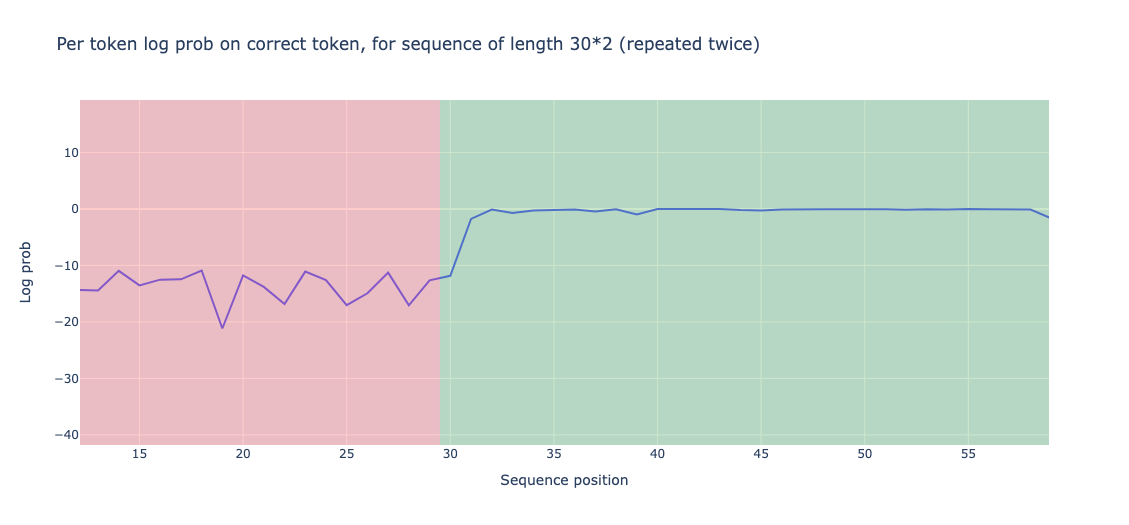Memory loss and difficulty learning are among the many confounding symptoms seen in patients recovering from a COVID-19 infection. However, there is limited understanding of the mechanisms behind cognitive impairments like brain fog.
A recent study conducted by researchers at the University of Illinois Chicago has uncovered a mechanism that leads to neurological issues in mice infected with SARS-CoV-2, the virus responsible for COVID-19. The researchers also discovered a treatment that was effective in preventing these changes. The research, led by Sarah Lutz, assistant professor of anatomy and cell biology in the College of Medicine, was published in the journal Brain.
The focus of the study was on the blood-brain barrier, a component that is involved in various neurological conditions, including multiple sclerosis. The infected mice showed evidence of leaky blood-brain barrier vessels and experienced memory and learning impairments.
Upon further investigation, the researchers found a notable decrease in the Wnt/beta-catenin signaling pathway in the blood vessels of the infected mice. This pathway is crucial for maintaining the health of the blood-brain barrier and protecting the brain from harm.
Subsequently, the team explored the impact of a gene therapy that activates the Wnt/beta-catenin pathway on preventing brain damage in mice infected with SARS-CoV-2.
Remarkably, the therapy proved to be effective in reducing blood-brain barrier leakage and immune cell infiltration in the brain, leading to enhancements in learning and memory, according to Lutz.
Given that age is a risk factor for cognitive impairment in COVID-19 patients, the researchers focused on older mice with mild infections in their study. Even mild infections, which are now more common due to vaccination efforts, can result in cognitive issues, Lutz emphasized.
While the findings do not immediately translate into a treatment for post-infection cognitive impairments in humans, they represent a significant advancement in that direction, Lutz noted.
Dr. Jalees Rehman, co-author of the study and head of the UIC Department of Biochemistry and Molecular Genetics, highlighted the importance of studying how respiratory infections, like COVID-19, can impact the brain and other organs. By investigating the molecular signals triggered by infection and subsequent inflammation, new targeted therapies could be developed to prevent further damage.
The study’s other UIC authors include Troy Trevino, Avital Fogel, Guliz Otkiran, Seshadri Niladhuri, Mark Sanborn, Jacob Class, Ali Almousawi, and Justin Richner.





















